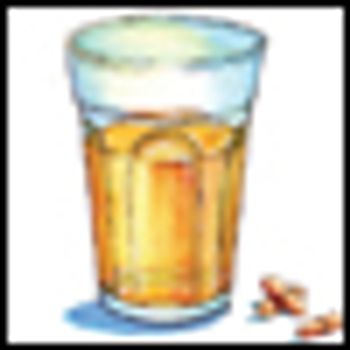
Cancer killed a 14-year-old girl who died shortly after being given Cervarix as part of a national immunization program. Early reports speculated that there may have been a link between the shot and her death, but according to a coroner’s assessment, there was no indication that the culprit was the HPV vaccine, which is marketed by GlaxoSmithKline. The girl’s death was caused by malignant disease in the heart and lungs, according to the coroner’s report.


